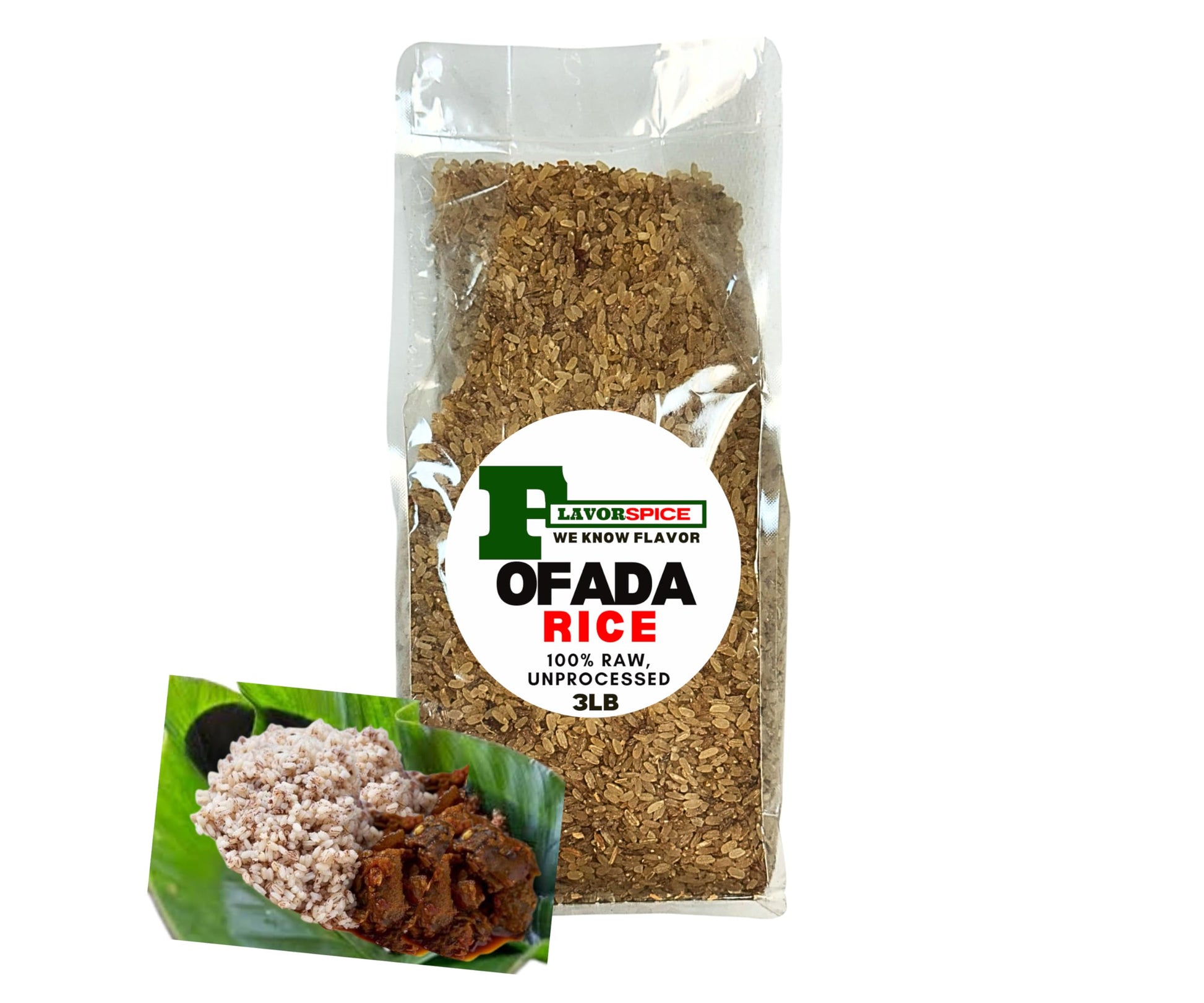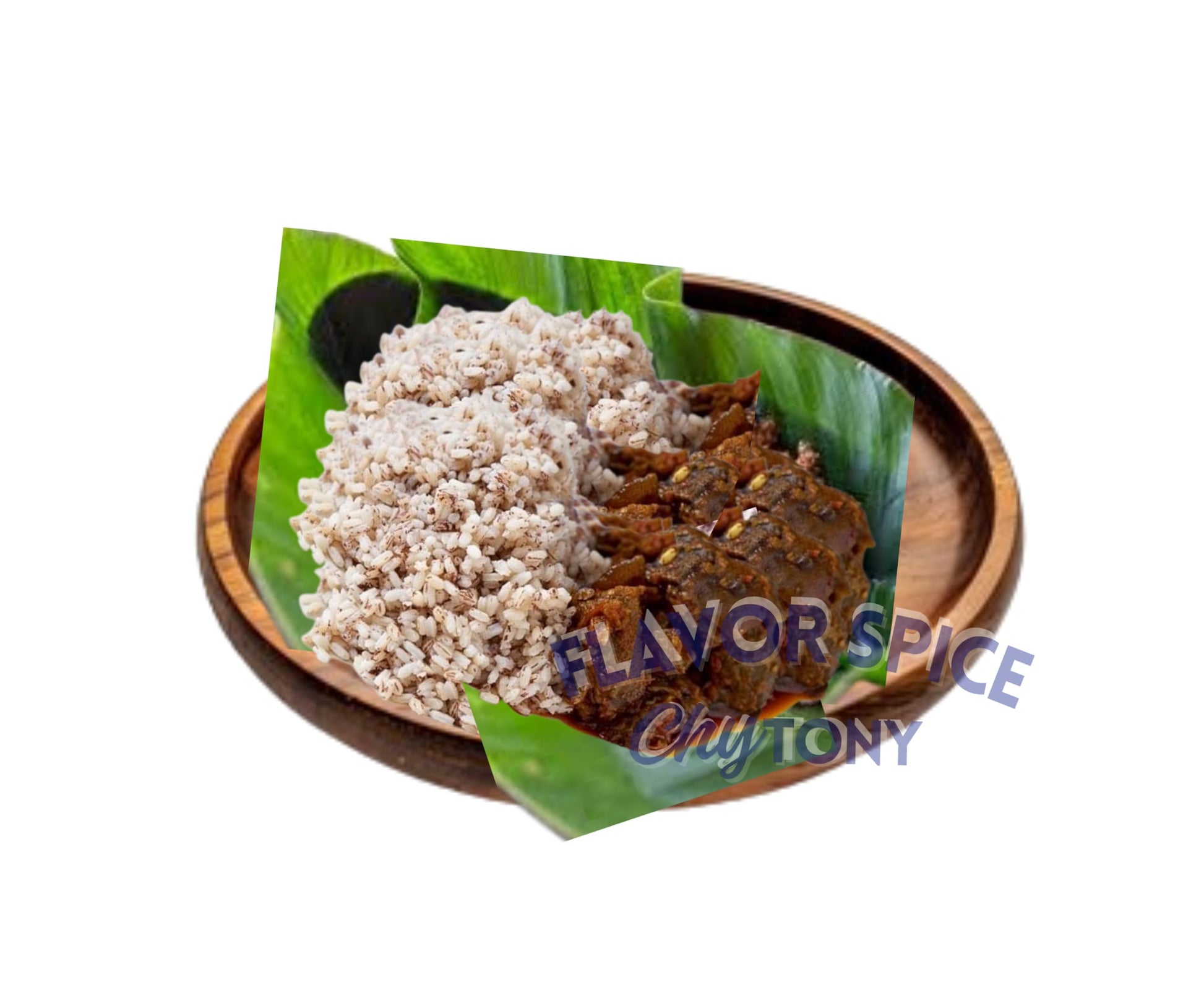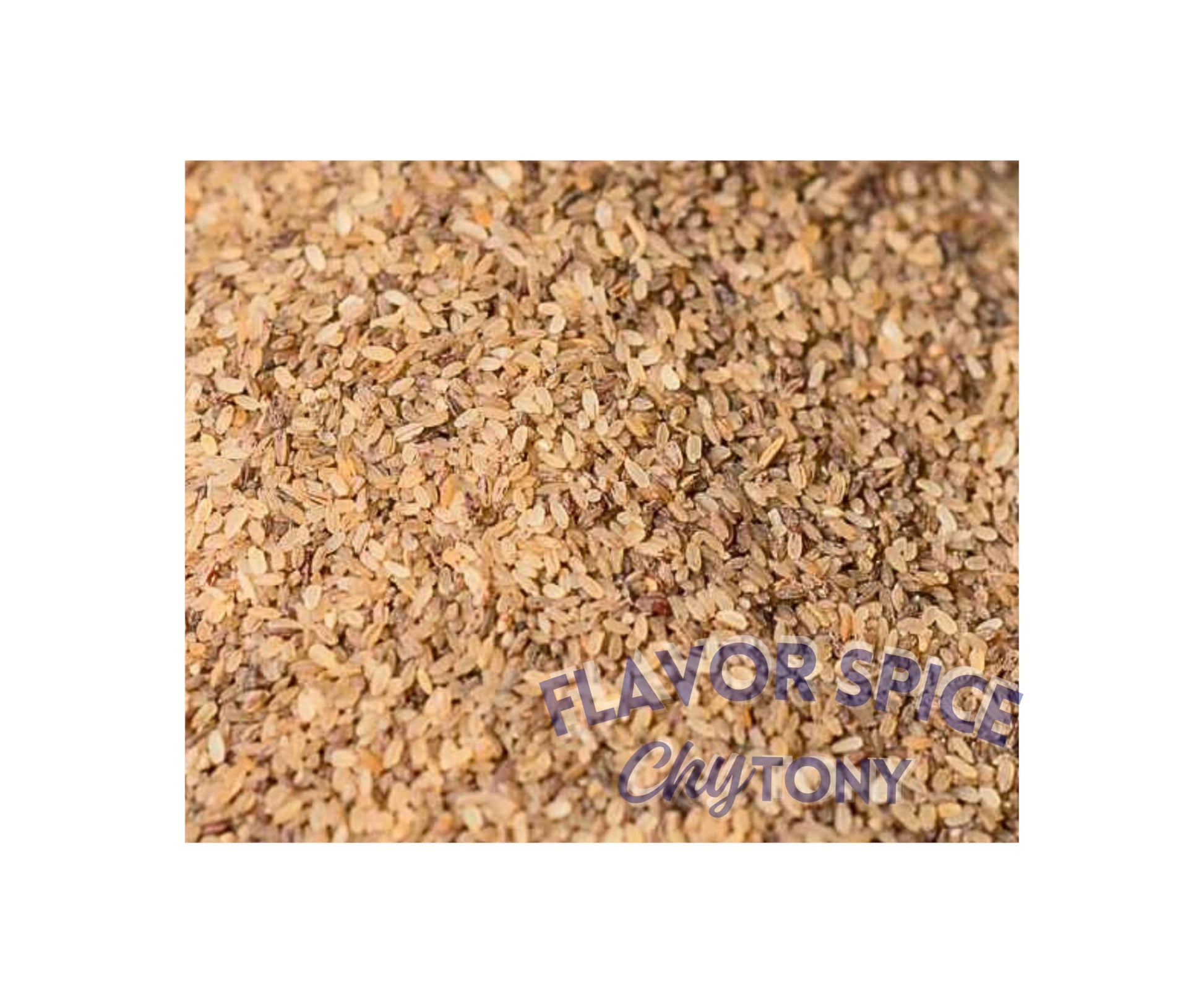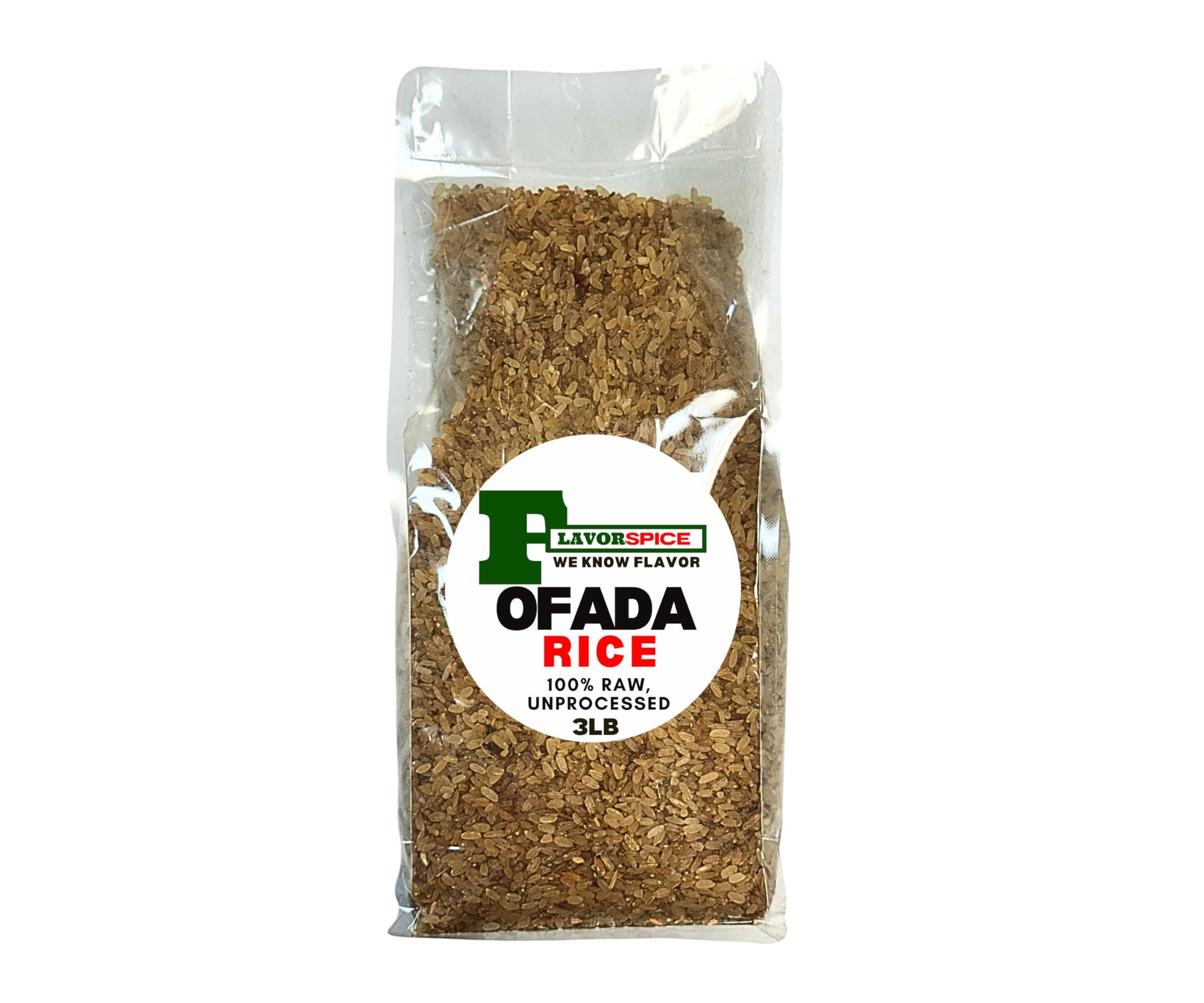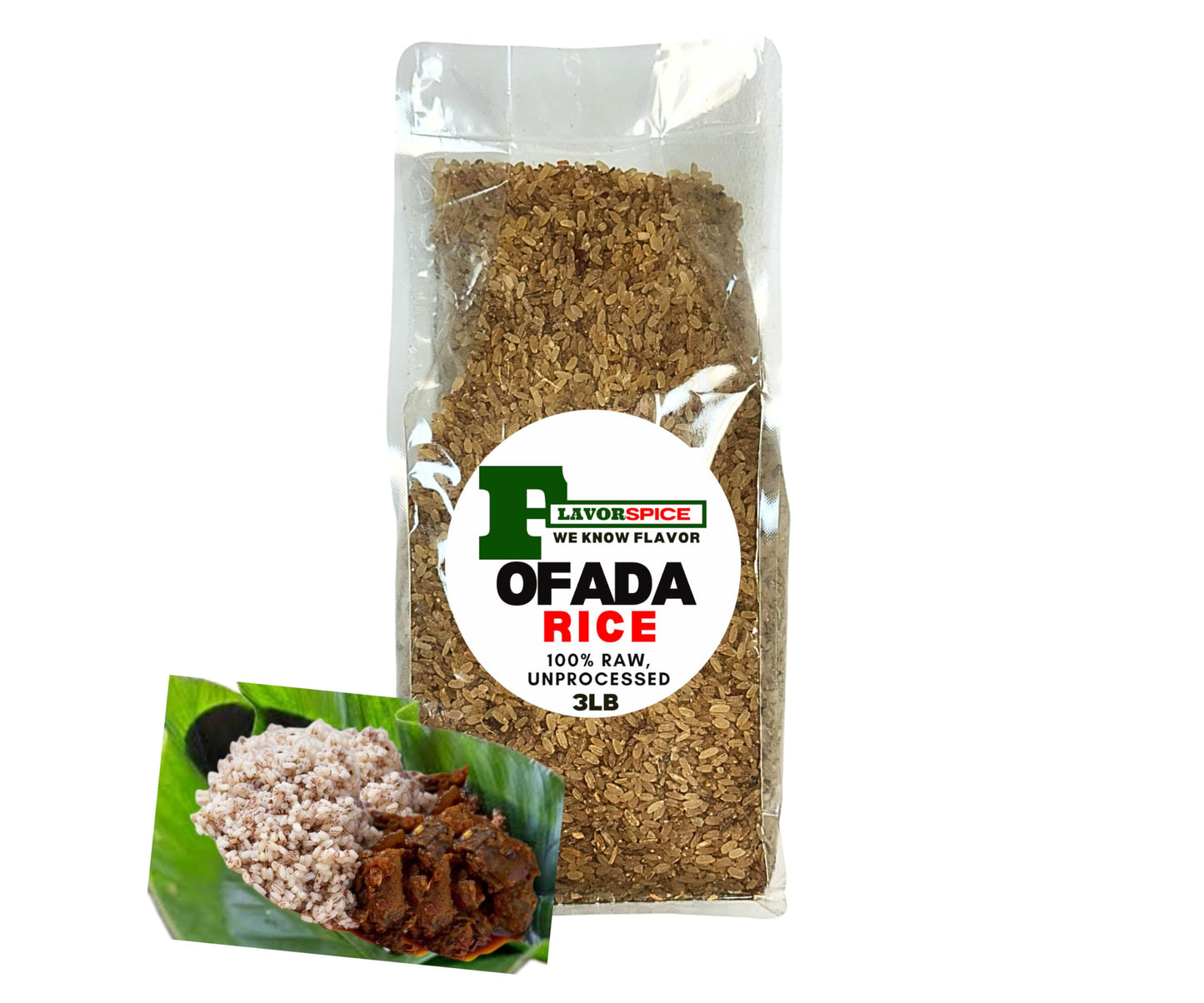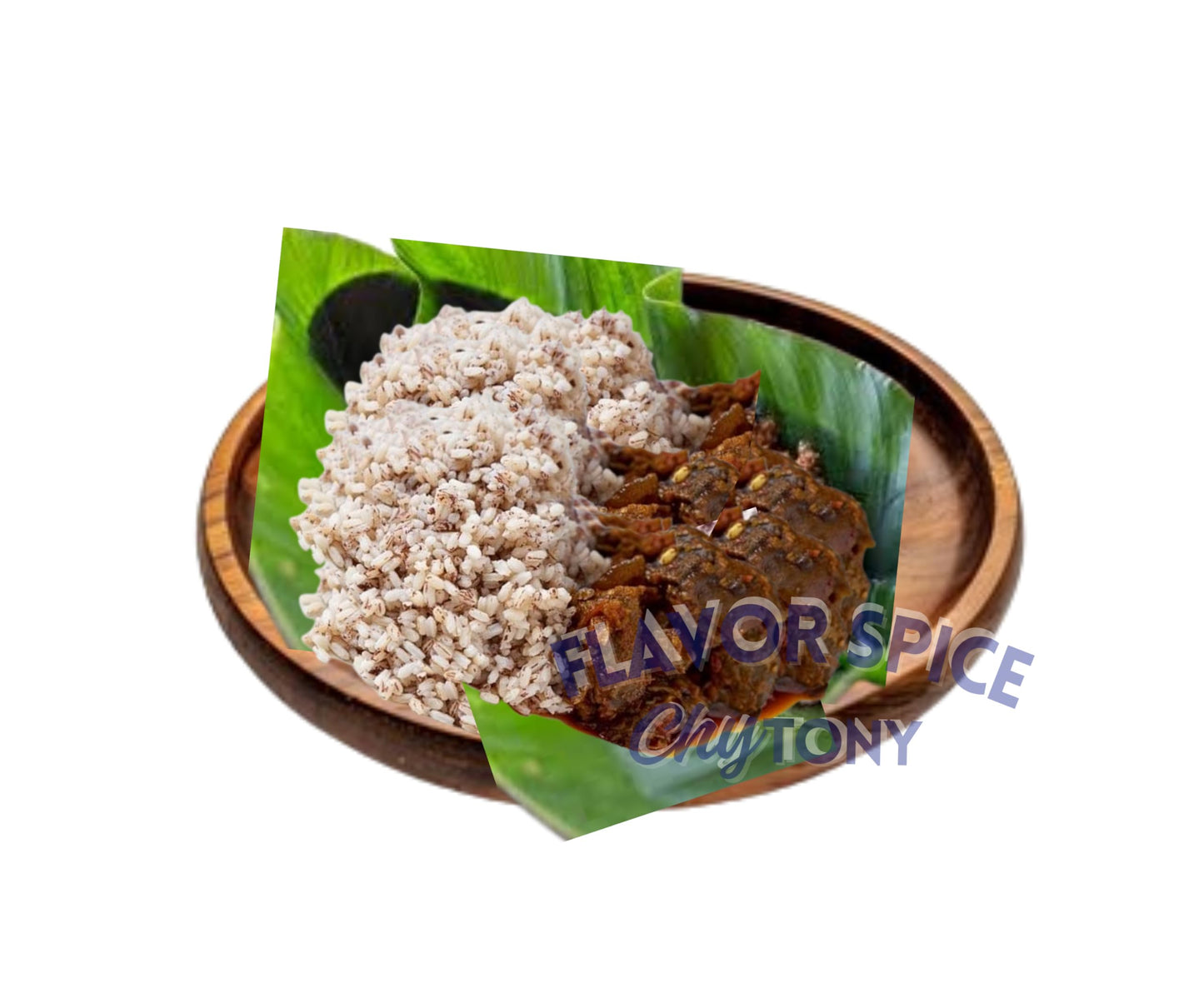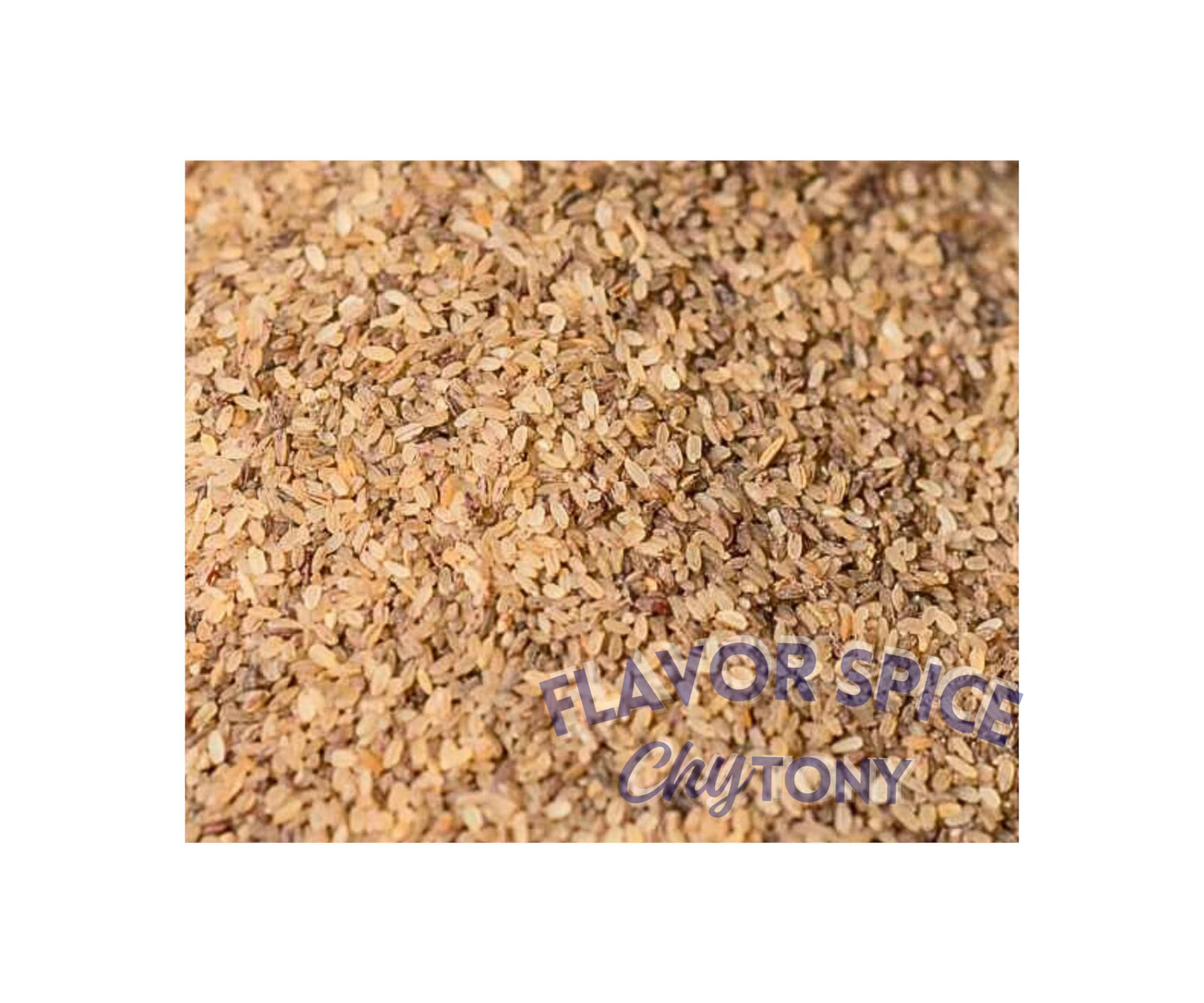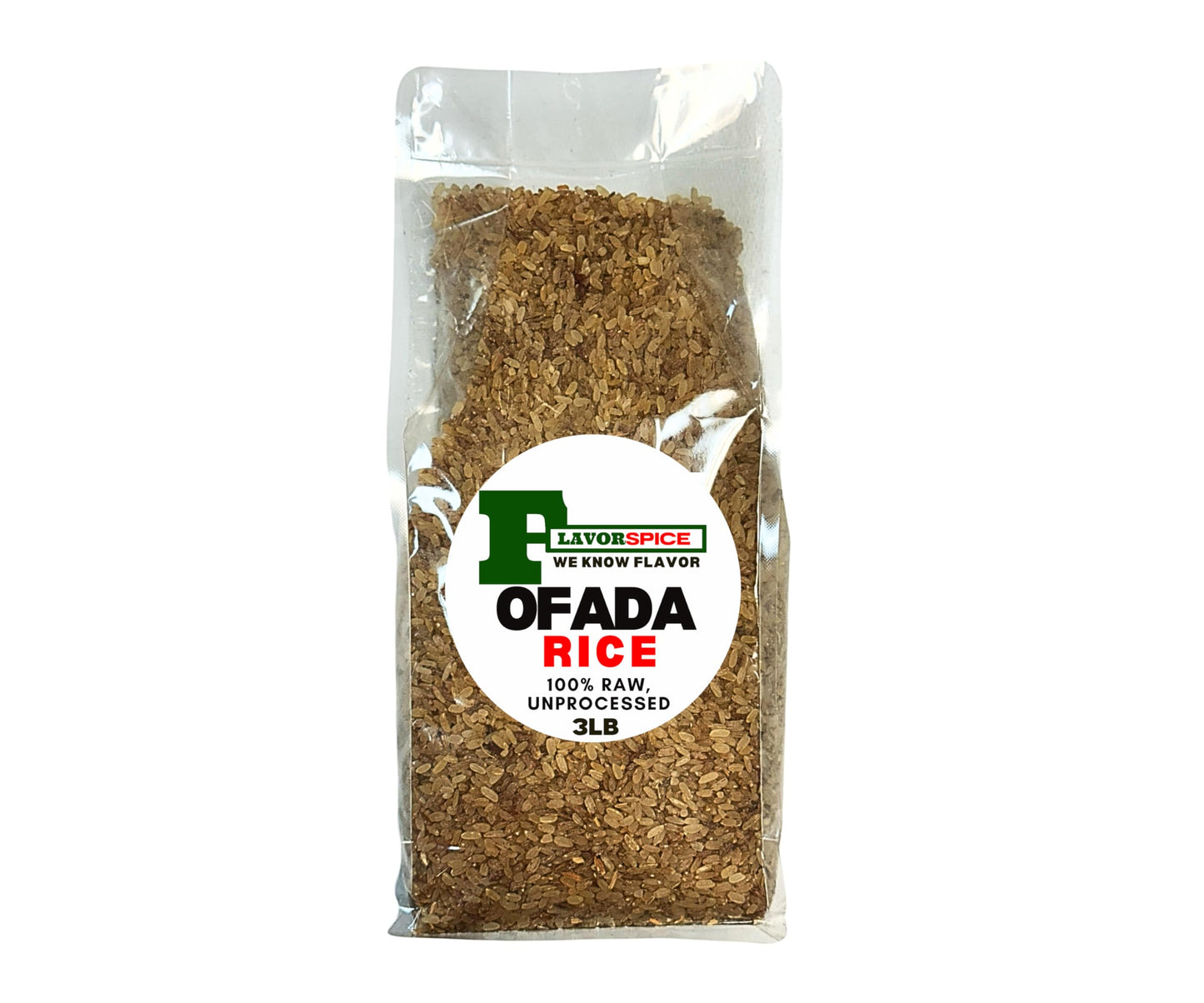You will not be allowed to compare more than 4 products at a time
View compareProduct Description
**Must Read*** Ofada Rice Is Generally More Nutritious Than White Rice Because It'S Less Processed And Retains More Of Its Nutritional Value. It Is Unrefined Whole Grain Is Dehulled But Unpolished, So It Retains Its Bran And Germ, Which Are The Fibrous Outer Layer And Nutritional Core Of The Rice. It Required A Bit Of Cleaning And More Washing When Cooking, With Pungent, Earthy Smell That Might Fill All Over The Whole Kitchen. Regardless, Ofada Rice Can Be Brown, Straw, Or White In Color, And Has A Grainy Texture And Chewy Feel. Ofada Rice Is High In Fiber, Which Can Help With Weight Loss And Slow The Release Of Carbohydrates, Which Is Beneficial For Diabetics. It'S Also A Good Source Of Minerals Like Zinc And Phosphorus, As Well As Vitamins A, C, And E. Ofada Rice Can Be Boiled And Served With Sauce, Vegetables, Soup, Or Stews.
Frequently Asked Questions
- Q: What is Ofada rice and how does it differ from white rice? A: Ofada rice is a traditional Nigerian rice known for being more nutritious than white rice. It is less processed, retaining more of its natural nutrients, including fiber, vitamins, and minerals. Unlike white rice, which is polished and refined, Ofada rice is unprocessed, allowing it to maintain its bran and germ.
- Q: How should I prepare Ofada rice before cooking? A: Before cooking Ofada rice, it requires thorough cleaning and washing to remove any impurities. Rinse the rice multiple times until the water runs clear. This process helps in reducing its earthy smell during cooking and ensures a better texture.
- Q: What are the cooking instructions for Ofada rice? A: To cook Ofada rice, use a ratio of 1 cup of rice to 2 cups of water. Bring the water to a boil, then add the washed rice. Simmer on low heat until the rice is fully cooked and the water is absorbed, usually taking about 25-30 minutes. Fluff with a fork before serving.
- Q: What dishes can I serve with Ofada rice? A: Ofada rice pairs well with various dishes, including sauces, vegetables, soups, and stews. It is commonly served with traditional Nigerian meals, enhancing their flavor with its unique texture and earthy aroma.
- Q: Is Ofada rice suitable for people with dietary restrictions? A: Yes, Ofada rice is a good option for individuals with dietary restrictions. It is high in fiber, which can aid in weight loss and manage blood sugar levels, making it suitable for diabetics. Additionally, its nutritional profile supports a healthy diet.

